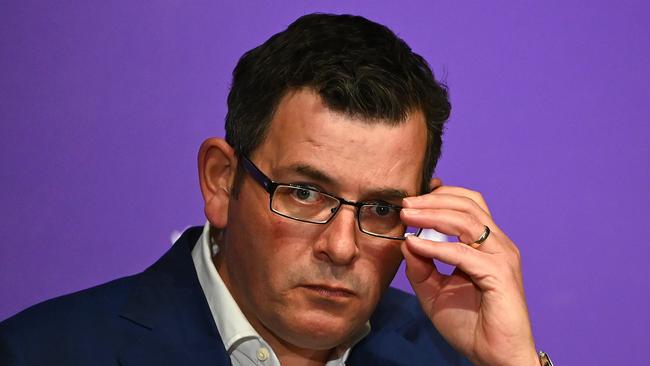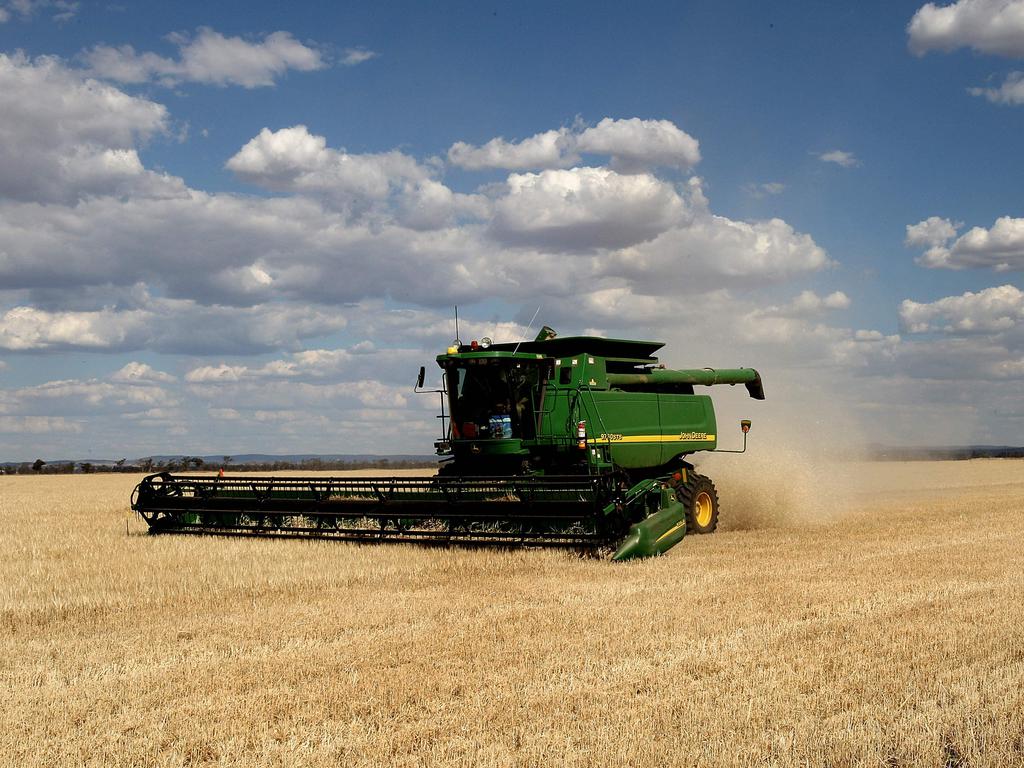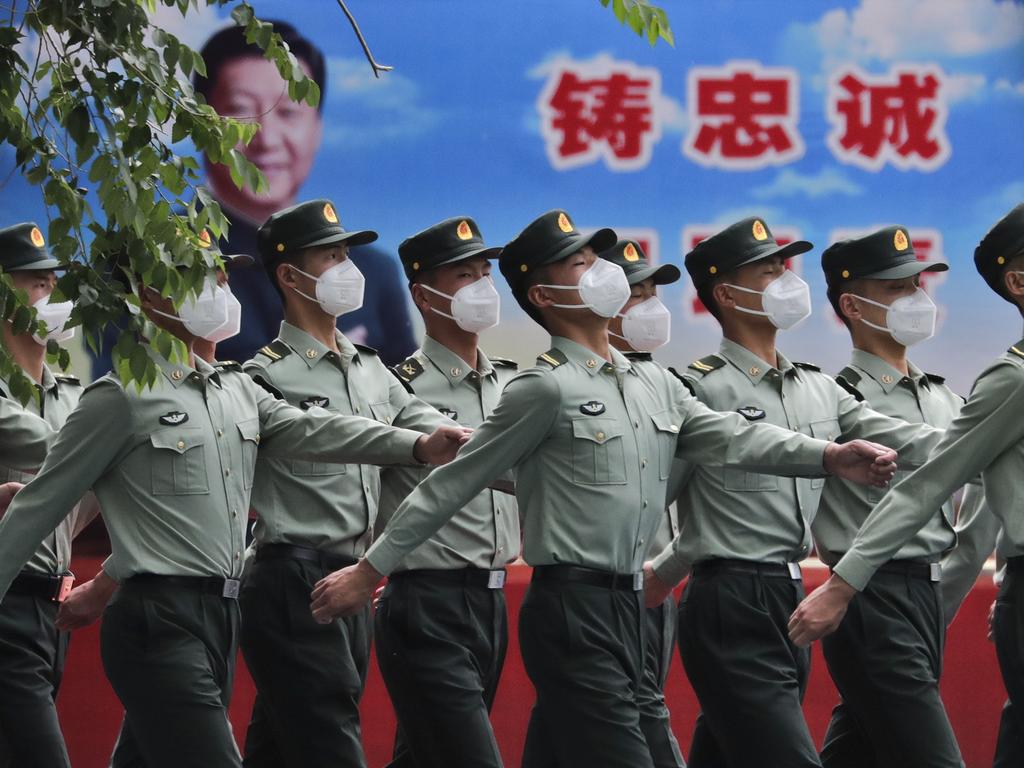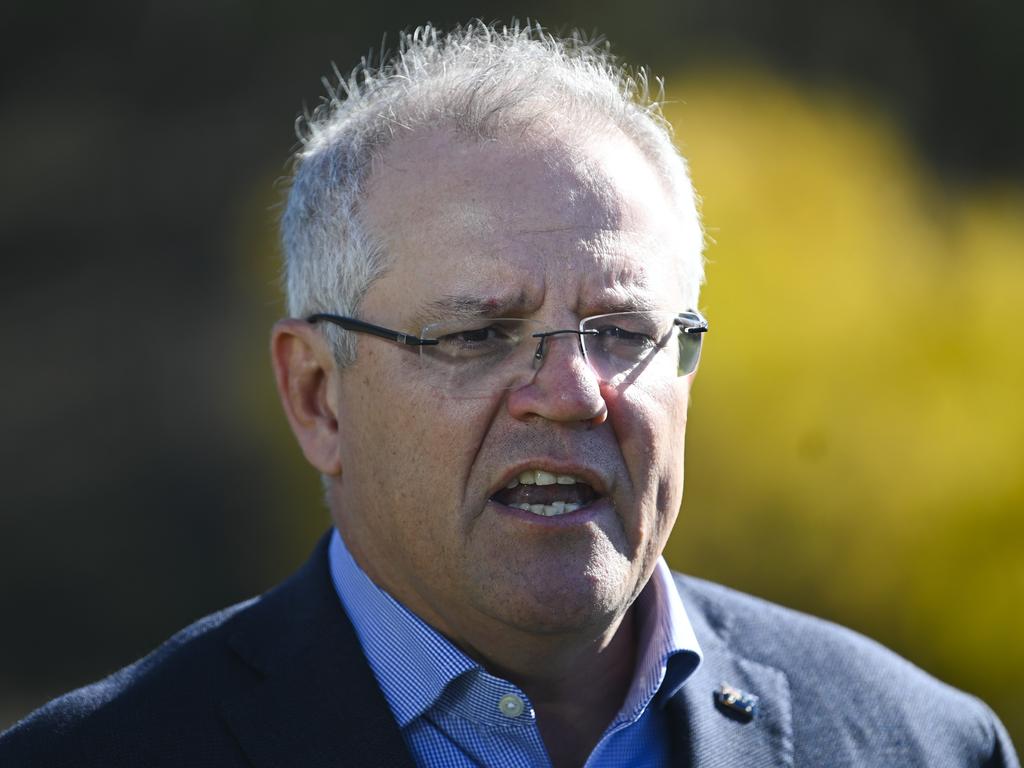China blasts critics of Victoria’s Belt and Road agreement
China has accused critics of the Belt and Road agreement of ‘unwarranted attacks’ as the Premier defends the relationship.

China’s Melbourne consulate has accused critics of Victoria’s Belt and Road agreement of making “distorted interpretations” and “unwarranted attacks” in a statement.
As well, the consulate has labelled negative remarks over the memorandum of understanding between the Chinese and Victorian governments as “deliberately discrediting for political purposes”.
“The negative remarks against the “Belt and Road” initiative, as well as the questioning and criticism of China’s cooperation with Victoria in the “Belt and Road” initiative, are obviously distorted interpretations, unwarranted attacks and deliberate discredit for political purposes, and they do not really care about the benefits of “Belt and Road” cooperation brought to the people of both sides,” the statement said.
The strongly worded statement was posted in only Chinese on the consulate’s website on May 25 in response to questions by media, although it did not name the media outlet.
On the memorandum of understanding, the statement said the joint promotion of the controversial Belt and Road Initiative would bring benefits to both China and Victoria.
“China is Victoria’s largest trading partner, and the two sides signed a MoU to jointly promote the construction of the “Belt and Road”, which provided a powerful assistance for promoting practical cooperation in various fields,” the statement said.
“The two sides signed a framework agreement to jointly promote the “Belt and Road” construction, which will bring greater opportunities to Victoria, open up new horizons for the expansion of cooperation between China and Victoria in various fields, and bring tangible benefits to the people of both sides.”
‘It will cost jobs’: Andrews digs in
Earlier, Victorian Premier Daniel Andrews defended the state’s relationship with China, saying any cooling of the partnership would cost jobs.
Mr Andrews told reporters on Wednesday that over the last five years exports had increased by 62 per cent with the number of tourists visiting Victoria increasing by 70 per cent over the same period.
As well, the number of international students from China had increased by 50 per cent in the last five years, he said.
“I’m not quite sure what people are suggesting, rather we have a good relationship with China or we have a bad one, or we send less product to China, rather than more,” he said.
“If that’s the approach people want to take well, that will cost jobs. It’s very simple.”
Mr Andrews comments come amid tensions between the federal government and China.
The Asian superpower slapped an 80 per cent tariff on Australian barley exports and suspended exports from four abattoirs after Prime Minister Scott Morrison called for an inquiry into the origins of the coronavirus pandemic.
Mr Andrews referred questions on the Chinese barley tariff and beef ban to the federal government, saying any relationship should be mutually beneficial.
“I’d like to think that just as over the last five years we have seen a massive increase in the amount of product we’re sending to China and other countries, not just China, we’ve seen exports grow across the board,” he said.
“I’d like to think the next five years could be equally prosperous.”
Premier Daniel Andrews broke ranks with the federal government in October 2018 when Victoria became the only Australian jurisdiction to sign a memorandum of understanding with Beijing on the controversial BRI on trade and investment — a scheme seen by Canberra as a vehicle for Chinese regional and global expansion.
The four-page MOU said Victoria would work with China to promote the “connectivity” of policy, infrastructure, trade, finance and people, while acknowledging the state was “welcoming and supporting” of the BRI and would promote “the Silk Road spirit”.
Mr Andrews travelled to China to sign a second BRI deal in October last year, agreeing on areas of co-operation including increasing the involvement of Chinese companies in Victoria’s $107bn infrastructure program.








To join the conversation, please log in. Don't have an account? Register
Join the conversation, you are commenting as Logout